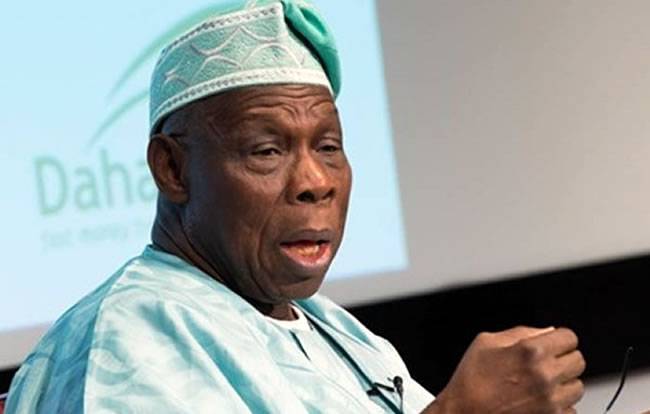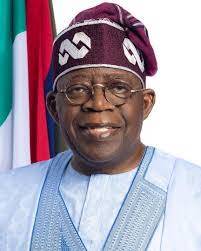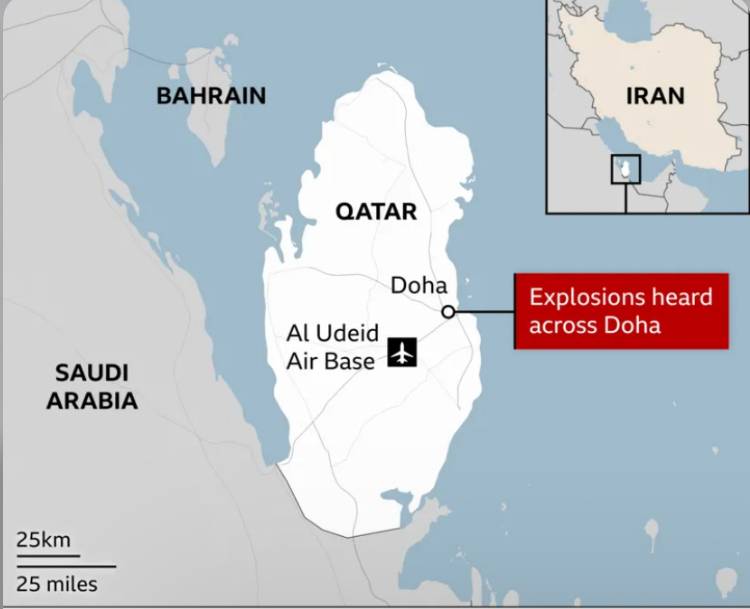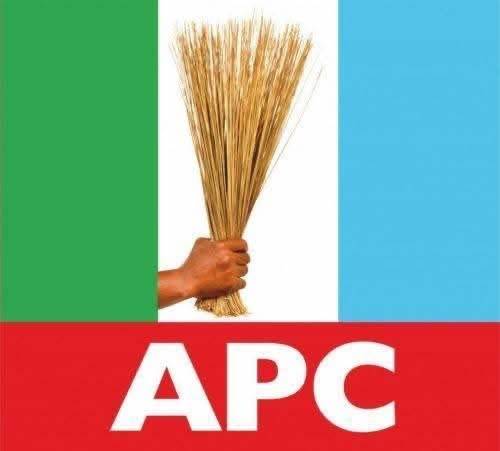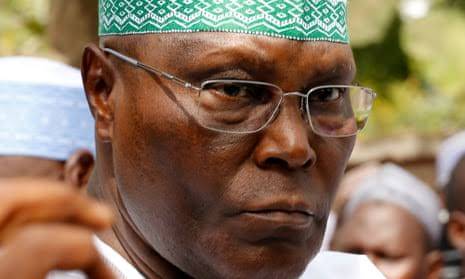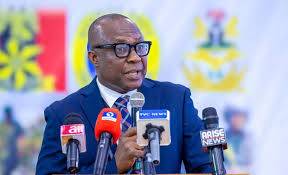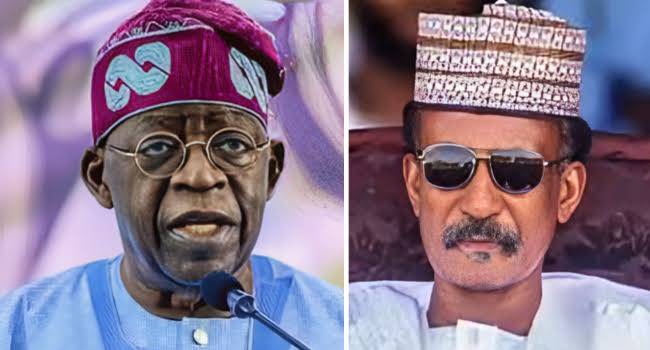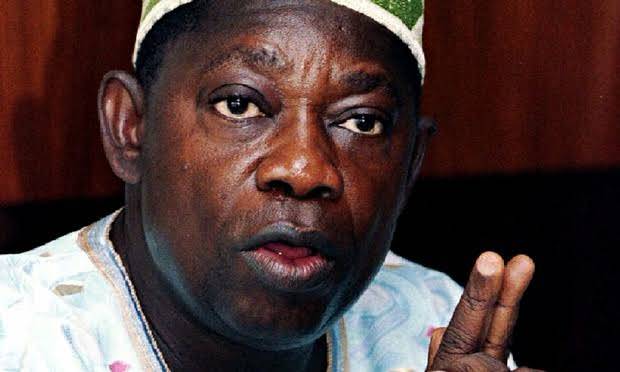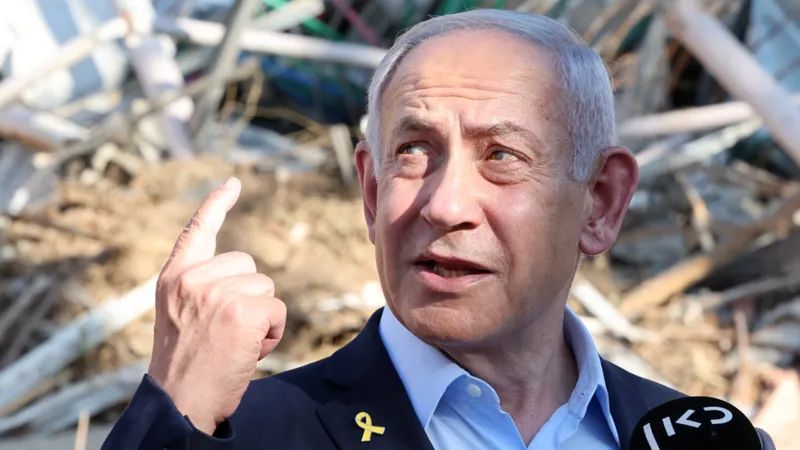By Segun Ayobolu
So pungent, incisive, convincing and irrefutable have been the several reactions to former President Olusegun Obasanjo’s recent address at Yale University in the United States in which he not only excoriated the President Bola Ahmed Tinubu administration but, characteristically, held his own leadership record up as the ideal to follow, that there is no need to reiterate the well known arguments here. Sermonizing endlessly on the ills plaguing Nigeria and magisterially pronouncing solutions to them has been the routine pastime of the former military head of state and then elected President for two terms despite the fact that he did not avail himself of his latter day wisdom when he had the opportunity to steer the affairs of Nigeria and shape the destiny of the nation.
The truth of the matter is that the Owu Chief, perhaps more than any other past leader, cannot escape culpability for the state of Nigeria today – her continued underdevelopment and poverty despite an abundance of natural, mineral and relatively qualitative Human Resources. Had he seized the opportunities placed on his laps seemingly on a golden platter to steer Nigeria’s ship of State particularly between 1999 and 2007 to deepen the country’s federal practice, diversify the economy, lay the foundation for the modernization and expansion of key infrastructure, revamp the country’s security architecture, institutionalize electoral integrity through the conduct of credible polls and pay more than lip service to the fight against corruption, the trajectory of the country’s socioeconomic and political development would be far different from what it is today.
In his book, ‘Not My Will’, a personal memoir of his years in power as military Head of State between 1976 and 1979, Obasanjo, with characteristic lack of charity, derided the late Chief Obafemi Awolowo asserting that what the legendary politician and statesman had sought in futility all his life, which was to be elected President of Nigeria, he (Obasanjo) had attained at a relatively young age. Yet, he did not address his mind to the critical issue of whether or not he had maximally utilize this opportunity to pursue and promote the best interest of Nigeria and her accelerated developmental transformation. His military regime’s political transition programme ushered in a civilian dispensation in 1979 that was one of the most venal, corrupt and inept leading to the collapse of the Second Republic and the return of military rule within four years. Given another opportunity to redeem himself as elected President of Nigeria from 1999 to 2007, Obasanjo demonstrated that he had learnt nothing from his past foray in power.
In his address at an event to honour the memory of the great novelist and intellectual, Chinua Achebe, at Yale University, Obasanjo’s unsparing criticism descended heavily on the incumbent Tinubu administration in the same way that he had subjected every government to since his exit from power in 2007. It little occurred to him, as many analysts have pointed out, that the naturally reticent Achebe was forced to trenchantly criticize bad and lawless governance under the Obasanjo presidency and even rejected the national honour bestowed on him by the Ota farmer as a gesture of symbolic protest.
Some have attributed the former President’s relentless criticisms of successive administrations after him to a desire to be the focus of attention as well as the urge to portray his administration as the best in this dispensation if not in the post-independence history of Nigeria. Unfortunately, any such pretensions fly in the face of indisputable facts and cannot be supported by objective, serious minded analysis. It is my view that the former President’s serial critiques of Nigeria’s political economy under successive administrations and habitual indulgence in self-glorification stem from an innate lack of capacity to transcend superficiality in analysis as evidenced by the ephemerality of most of his books in which he makes magisterial pronouncements that have minimal impact on the polity because they are hardly deeply reasoned and well thought out. This is in sharp contradistinction to the immortal thoughts and works of Awolowo that still remain pertinent and relevant to Nigeria’s quest for a viable socioeconomic and political order decades after they were written.
For instance, Obasanjo loves to flaunt his self-proclaimed patriotism and incomparable love for Nigeria. Yet, from his conduct when he had the opportunity to preside over the country’s affairs, there was no indication that he had reflected deeply on what patriotism really means beyond mere cliches and empty sentimentality. For instance, when a 20-man delegation of the League of Northern Democrats led by a former Governor of Kano State, Ibrahim Shekarau, visited him in Abeokuta recently, the former President reiterated once again his fabled love for Nigeria. In his words, “You said I am a believer in the greatness of this country. Yes, I am. I am also an incurable optimist in this country. I am totally committed to the goodness of this country. But I believe if we look back and we want to be sincere with ourselves, we can see some of the mistakes of the past which we must not fall into again”.
But it is no less a person than Chinua Achebe who gives us an insight into the shallowness of Obasanjo’s understanding of patriotism and love for country. On page 15 of his slim but powerful classic, ‘The Trouble with Nigeria’, Achebe writes, “In 1978 or 79 General Obasanjo paid an official visit to the University of Nigeria, Nsukka. Of the academic community assembled in the Niger Room of the Continuing Education Centre and which rose respectfully to its feet on his entry, General Obasanjo made a totally unexpected demand. He asked them to recite the national pledge! A few ambiguous mumbles followed, and then stony silence. “You see,” said the General bristling with hostility, “You do not even know the National Pledge”. No doubt he saw in this failure an indictable absence of patriotism among a group he had always held with great suspicion”.
Achebe then goes on to dilate lucidly on patriotism. His words, “Who is a patriot? He is a person who loves his country. He is not a person who says he loves his country. He is not even a person who shouts or swears or recites or sings his love for his country. He is one who cares deeply about the happiness and well-being of his country and all its people. Patriotism is an emotion of love directed by a critical intelligence. A true patriot will always demand the highest standards of his country and accept nothing but the best for and from his people.
He will be outspoken in condemnation of their shortcomings without giving way to superiority, despair or cynicism. That is my idea of a patriot”. It is thus obvious that Obasanjo’s address at Yale and his several scurrilous denunciations of previous administrations both of the PDP and APC fall far short of Achebe’s thoughtful and exacting standards of patriotism.
NNPCL invites Obasanjo to tour PH, Warri Refineries
In the same address to the League of Northern Democrats, Obasanjo spoke on the vexed issue of Igbo presidency which is yet to be a reality in the country. According to him, “I think all of us in Nigeria have to rethink…It bleeds my heart when people say because the Igbo had carried out a secession and so an Igbo man cannot be the President of Nigeria. I say what nonsense? There is no section of Nigeria that has not planned secession? What is “Araba” in the North? The North planned to break up Nigeria…What is treasonable felony? So, who among us can say I am better than the other? None!”.
In the first place, it is untrue that there is no part of the country that has not planned a secession. There were certainly tensions in the relationship between various parts of the country leading to threats and heated exchanges at various times which is natural in a complex, plural polity like ours. But it is only the Igbo of the Southeast that had actually carried out the threat of secession, an attempt that was militarily crushed after three years of bloody conflagration. Even then, I am unaware as Obasanjo posits that anybody worth taking seriously has ever suggested that an Igbo man cannot be President of Nigeria because of the abortive secession attempt. Indeed, as I have previously said in this column, within nine years of the end of the civil war, an Igbo man, Dr Alex Ekwueme, had become the Vice President of Nigeria. There is every possibility that within the dynamics of democratic politics an Igbo man would have since become President of Nigeria but for the truncation of democracy by military intervention in 1983.
In the last presidential election, Mr Peter Obi, directed his campaign mainly at his fellow Igbo as well as Christians of the North and South and his support base was restricted to that limited constituency which cannot deliver a presidential victory in a vast country like Nigeria. A candidate who engaged in church tourism campaigns and openly called on Christians to “take back your country” understandably did not win a single state in the core Muslim North which constitutes at least one half of the electorate. In any case, if Obasanjo is so passionate about Igbo presidency, why did he emerge from nowhere to snatch the PDP presidential ticket from Dr Ekwueme in 1998 with the support of retired northern Generals even when Ekwueme, one of the founding fathers of the PDP, was on course to winning the ticket?
Reporting Obasanjo’s address to the visiting League of Northern Democrats, The Punch newspaper wrote, “The former President blamed regionalism as practiced before obtaining independence in October 1960 as the foundation of the country’s prolonged lack of cohesion, adding that “the truth is that at independence, Nigeria emerged with three leaders and so it is a situation of three countries in one ever since”. Again, it does not appear that this submission is a reflection of rigorous thought.
For one, it is simplistic to base an analysis of post-independence Nigerian politics on the three major ethnic groups when ethnic minorities have increasingly asserted their influence within the polity. Again, it is as misleading to blame the regional structure of the first republic for the collapse of democracy in 1966 just as it is to proffer a return to regionalism as the solution to current challenges. Rather than regionalism per se being the problem with the First Republic, it was the attempt by the ruling NPC/NCNC coalition at the centre to forcibly seize control of the Western Region from the Action Group (AG) and impose an unpopular Ladoke Akintola of the NNDP on the region through the brazen massive rigging of the 1965 Western Regional elections that ignited the flames of anarchy in the region which then had national implications bringing down the democratic edifice on everybody.
Obasanjo lectured his northern visitors to the effect that “Yes, you have identified your group as the League of Northern Democrats, but how I wish you had called your group National League of Democrats, because where you come from should not be a problem. Where I was born should not be the enemy of my ‘Nigerianess’. I will be increasing by being a Nigerian rather than being a member of the Republic of Oodua”. This is hardly realistic. When asked to respond to allegations that he was a tribalist during his campaign for the presidency in 1979, Chief Awolowo submitted that he could not be a good Yoruba man without first and foremost being a good and responsible indigene of Ikenne and that he could not claim to be a good and patriotic Nigerian without first being a good and responsible Yoruba man. This sounds eminently sensible, practical and honest to me. The point, as the Premier of the Northern Region, Sir Ahmadu Bello, was said to have told the great Zik is not to deny our differences but to understand them.
• This article was first published November 13, 2024


